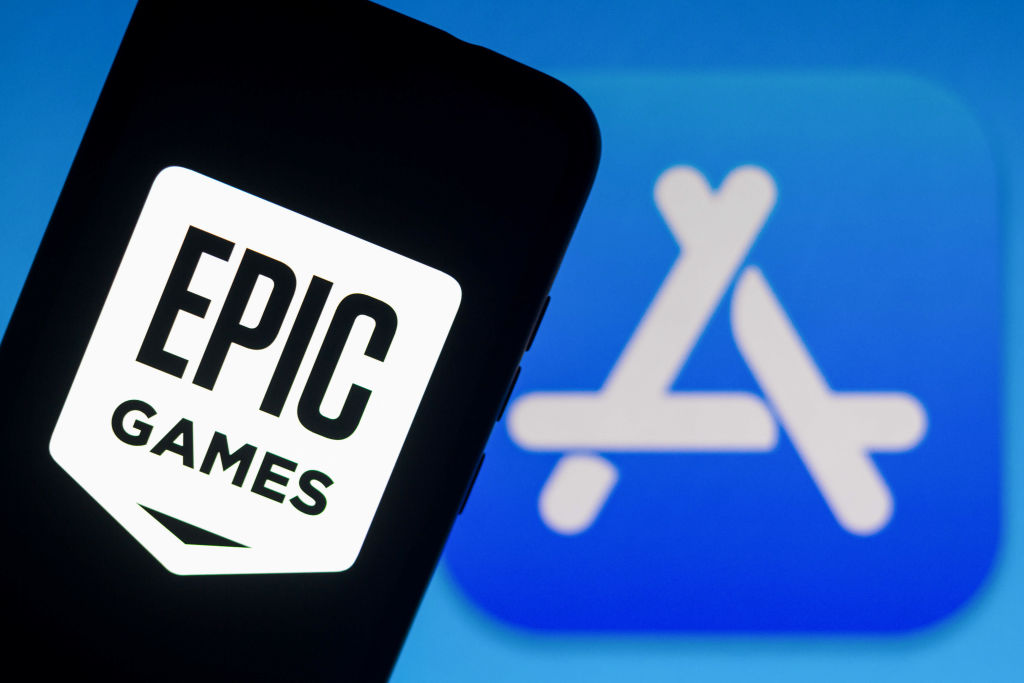Judge James Donato has made it clear that Google will face consequences for its Android app store’s monopolistic practices, following a federal jury’s ruling eight months ago in the Epic Games vs. Google case.
During the final hearing on remedies, Donato firmly stated that Google would need to open up its Play Store to rival app stores, dismissing Google’s claims that doing so would be too costly or complicated.
Donato emphasized, “We’re going to tear the barriers down, it’s just the way it’s going to happen,” indicating that the current app store environment, which he described as a product of monopolistic behavior, is set for a major overhaul. He plans to issue his final ruling in a few weeks.
Epic Games’ Proposal to Open Google Play Store
The case centers on the monopoly Google holds over its Android app store, a position that was legally challenged by Epic Games. In December, Epic won the jury trial, but the responsibility to determine the appropriate remedies fell on Judge Donato.
In April, Epic proposed that the court force Google to open up the Google Play store by allowing rival stores to operate within it and giving those stores access to all Google Play apps. This change would give Android users more freedom to choose which app store they want to use, rather than being restricted to Google’s platform.
Key Developments in Today’s Hearing
Both Epic and Google agreed that opening the Play Store to competition is technically feasible, but they disagreed on several key issues. These included how long it would take to implement the changes, the associated costs, and whether Google could require all apps from rival stores to undergo a human review before being allowed on Google Play.
Google’s lead attorney, Glenn Pomerantz, argued against being forced to host certain controversial apps, using the example of a hypothetical app from the American Nazi Party to illustrate his point. He said, “If the American Nazi Party app came to Play, Play would say no.”
Epic’s lead attorney, Gary Bornstein, countered this by stating that if Google is allowed to review every app on a third-party store, it would retain the gatekeeping power that it has already abused. Judge Donato indicated that he intends to ban any nondiscriminatory behavior in how Google treats rival app stores, including the aspect of human review.
Concerns About Central Planning Raised by Google
Pomerantz also suggested that the direction Donato seems to be leaning toward resembles Soviet-era central planning, arguing that courts have previously ruled against “central planning” that would require Google to host rival app stores to create new competition. Earlier in the hearing, Donato had mentioned, “The whole point of this is to grow a garden of competitor app stores,” highlighting his intent to foster competition.
To manage the implementation of the forthcoming ruling, Donato announced that he will not micromanage Google’s operations but will instead order the creation of a “technical compliance and monitoring committee.” This committee will consist of one representative from Epic, one from Google, and a third neutral party agreed upon by both sides. The committee will be responsible for arbitrating the technical details and will report back to the court approximately every 90 days.
Donato concluded by telling Google, “When you have a mountain that’s built out of bad conduct, you have to move that mountain. That’s what’s going to happen.”










